Vienna Talks: “Tehran seeks a lasting deal, not a fragile one”
The Palais Coburg hotel, the venue of marathon talks between Iran and the P 4+1 group in Vienna, has once again become the global centre of attention, as parties involved in the tough sanctions removal negotiations have signaled significant progress, despite the complexity of some issues.
The eighth round, which began on December 27th, has now become one of the longest rounds of talks between Iran and the P 4+1 (Russia, China, Britain, France, and Germany).
Iran and the P 4+1 are completing a draft text of an agreement to revive the 2015 deal. Most of the delegations acknowledge that the talks have reached a critical stage.
Diplomacy seems to be approaching a make or break moment; however being near the finish line does not guarantee crossing it.
Ali Bagheri Kani is of the view that it requires extra caution, much perseverance, additional creativity and a balanced approach to take the last step.
A good deal may be within reach
Mr Bagheri Kani points out that to finish the job, there are certain decisions that the Western parties to the negotiations need to take first.
Thus far, the West has been reluctant to make any sweeping political decisions that are necessary to bring the United States back into the plan.
Iran isn't just going to forget the very many US and Western provocations since the United States left the plan in 2018. And they understand that there are many political camps competing at once for power.
The West needs to make sweeping political decisions that will definitively outline the future of US involvement in the plan.
Simon Miller, Foreign Policy Analyst, Center for Political Innovation
Iran says its initiatives pave the way for the progress in the negotiations and that a good deal is within reach in the Austrian capital.
Tehran believes that the ball is now in the court of the West and if it shows serious determination, a good deal can emerge.
The Iranian President, Ebrahim Raeisi says Tehran seeks a lasting deal, not a fragile one. The President has noted that credible guarantees, putting an end to political claims, and effective removal of sanctions are necessary for a lasting deal with P 4+1 group.
The characteristics of a lasting deal
The 2015 deal only lasted a few years and even during the years that the Joint Comprehensive Plan of Action was in place Iran had serious grievances about its implementation by Western parties to the JCPOA.
Tehran was not receiving the economic benefits it was entitled to.
And Iran seems to have learned a lesson from how the hard earned international agreement unraveled.
Promises and lies
Since the beginning of the talks In Vienna last year, Iran has insisted that America must remove all sanctions imposed on Iran after former US President Donald Trump unilaterally pulled out of the deal in May 2018. The removal of those sanctions must happen in a verifiable manner.
Tehran has also demanded that Washington provide guarantees that it will not leave the JCPOA again.
Iran wants credible guarantees from the United States because the US has failed to provide any critical guarantees, any credible guarantees, since the beginning of these negotiations.
When the JCPOA was first being planned and negotiated back in 2015 the United States made a commitment to diplomacy and peace, yet in 2018, they proved the document was not a guarantee by dropping out after the change of administration.
So what we find is that when Iran is talking to the United States and other Western nations that change their administration's often and those administrations are subject to changing their positions from the last administration, then you find that Iran doesn't have any solid guarantees.
Simon Miller, Foreign Policy Analyst, Center for Political Innovation
Maximum Pressure Campaign has failed
Iran says America's maximum pressure campaign has failed, and its credibility has been seriously tarnished.
Observers believe Washington now has to take measures to compensate for its past mistakes and, if at all possible, regain the trust of the international community.
Israel kills female Palestinian journalist based in Gaza’s Indonesian Hospital
US lawmakers demand answers from Biden on Israeli killing of Turkish-American activist
Araghchi: Iran never left negotiation table as its nuclear program ‘peaceful’
Jan. 14: ‘Axis of Resistance’ operations against Israeli occupation
VIDEO | UNRWA’s financial crisis deepens amid support cuts
South Korean President Yoon arrested over failed martial law bid
VIDEO | Press TV's news headlines
US budget deficit surges to record $711 billion


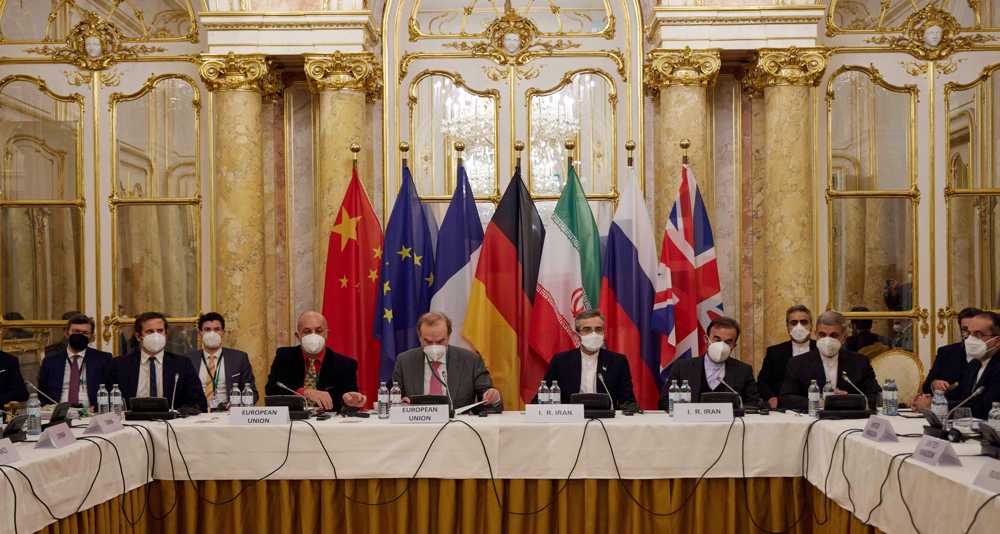

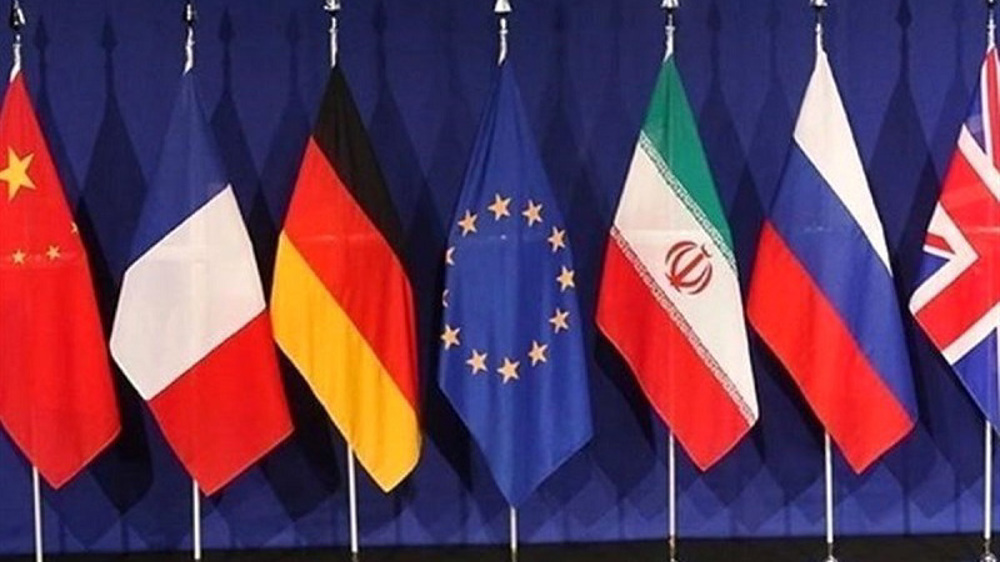
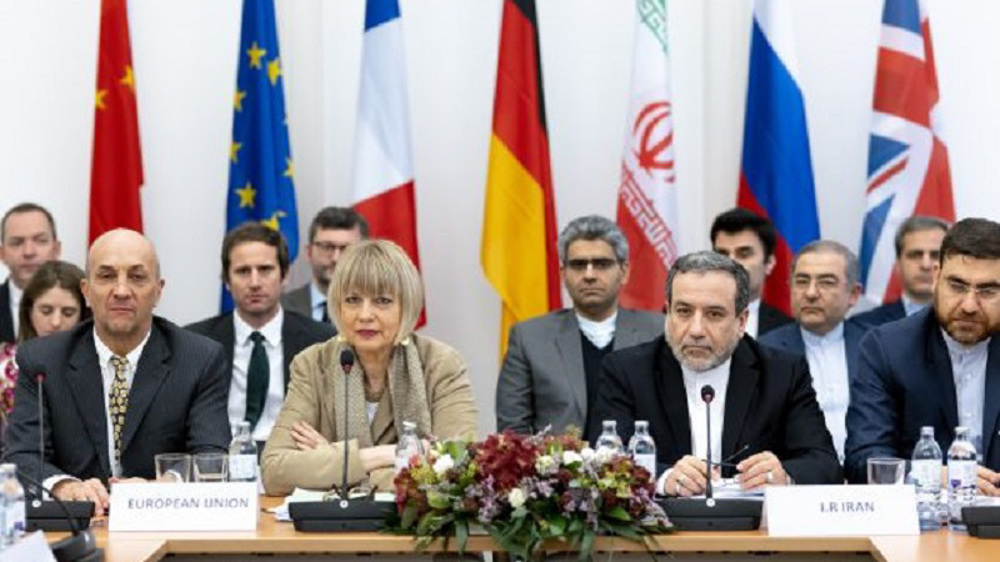
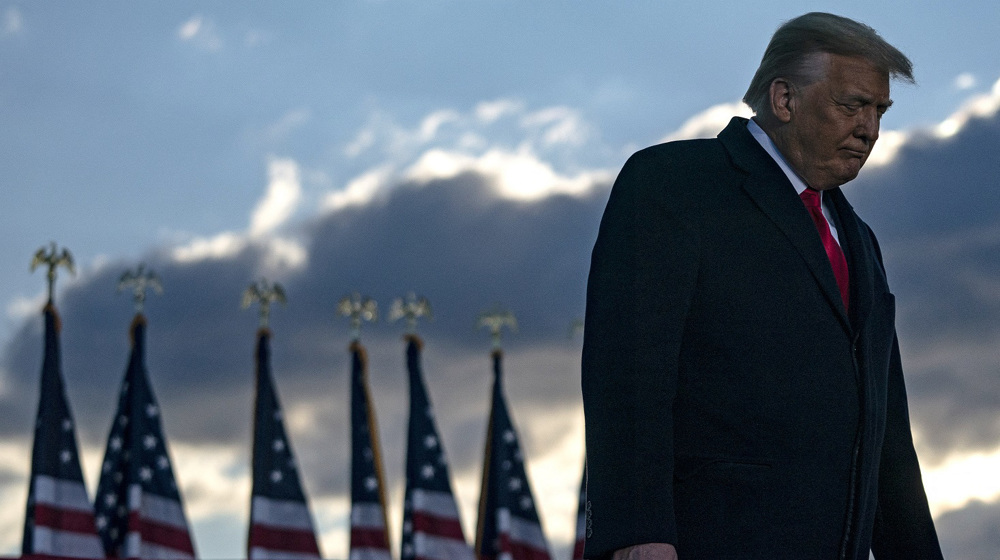

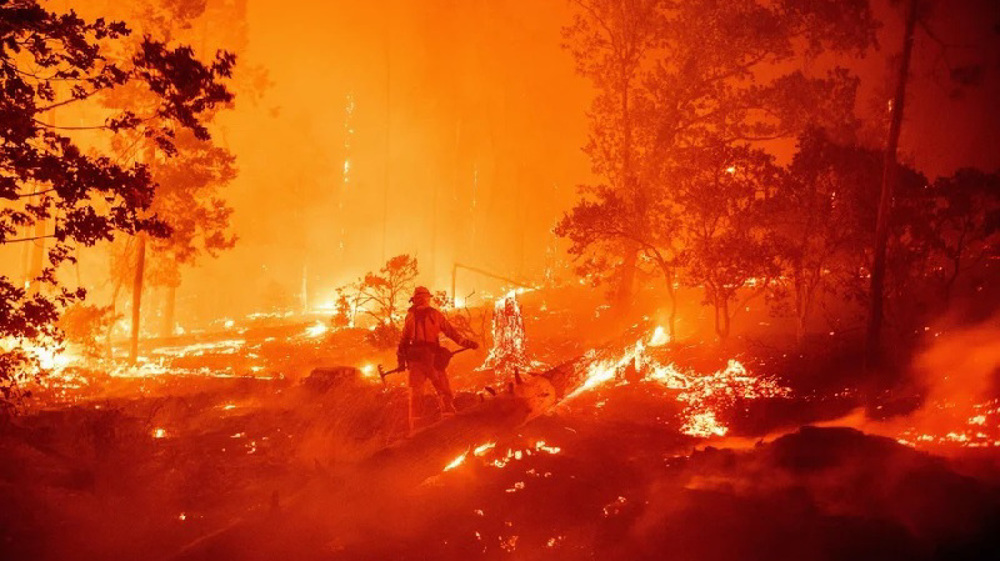
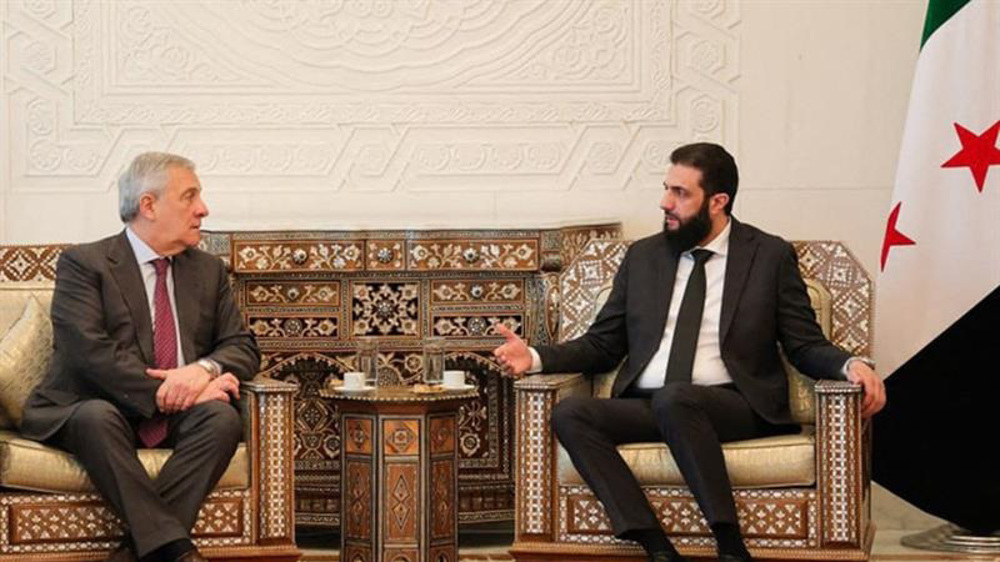



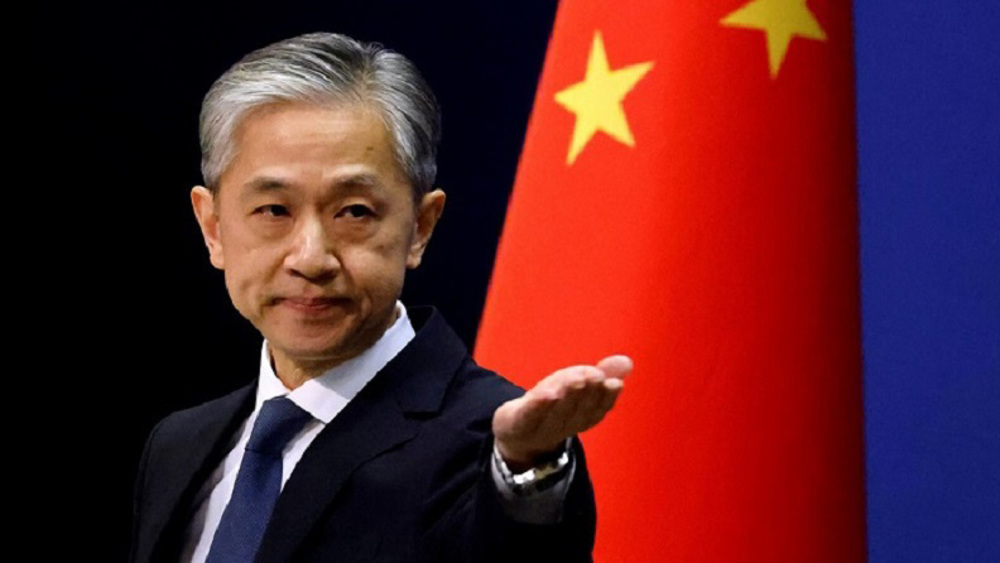
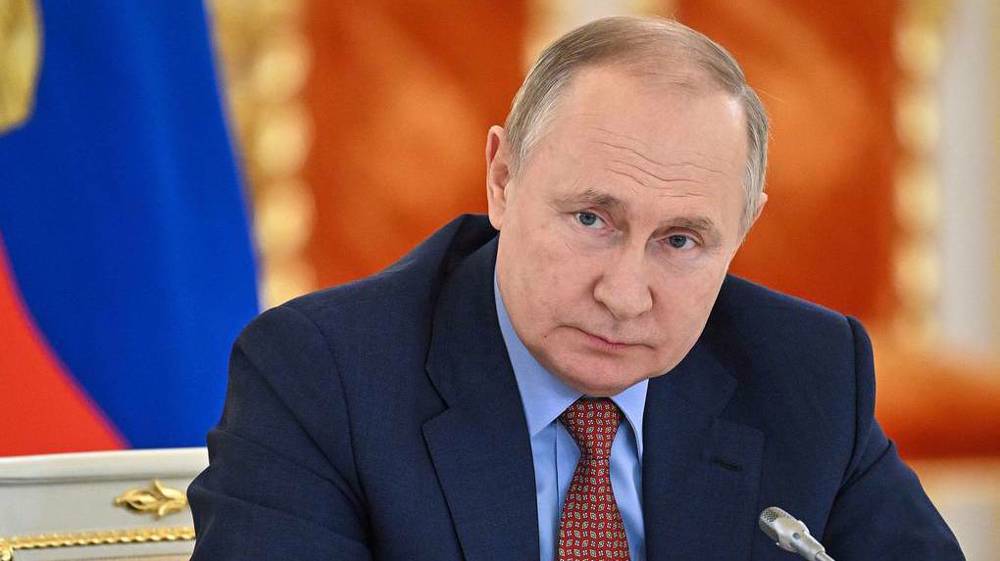
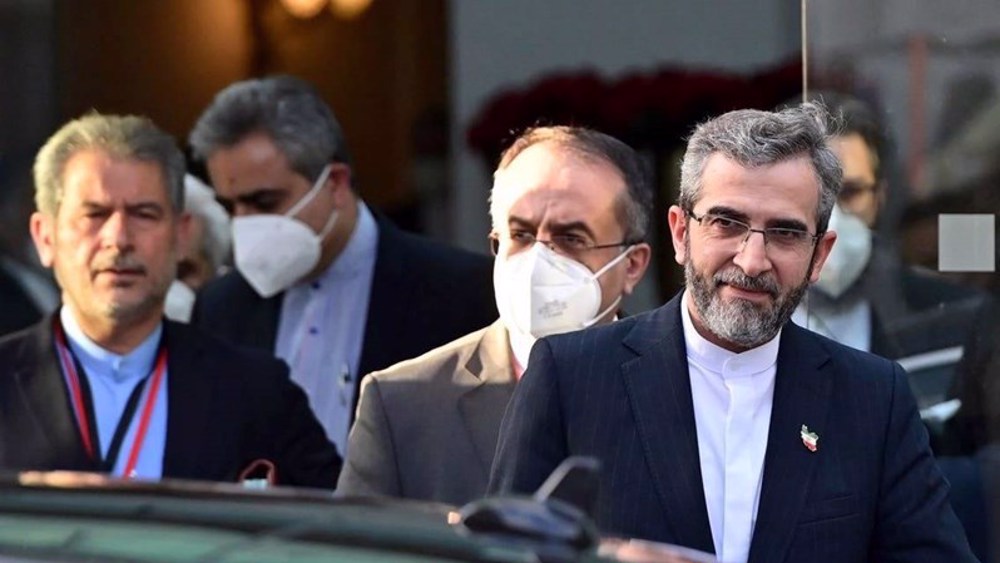
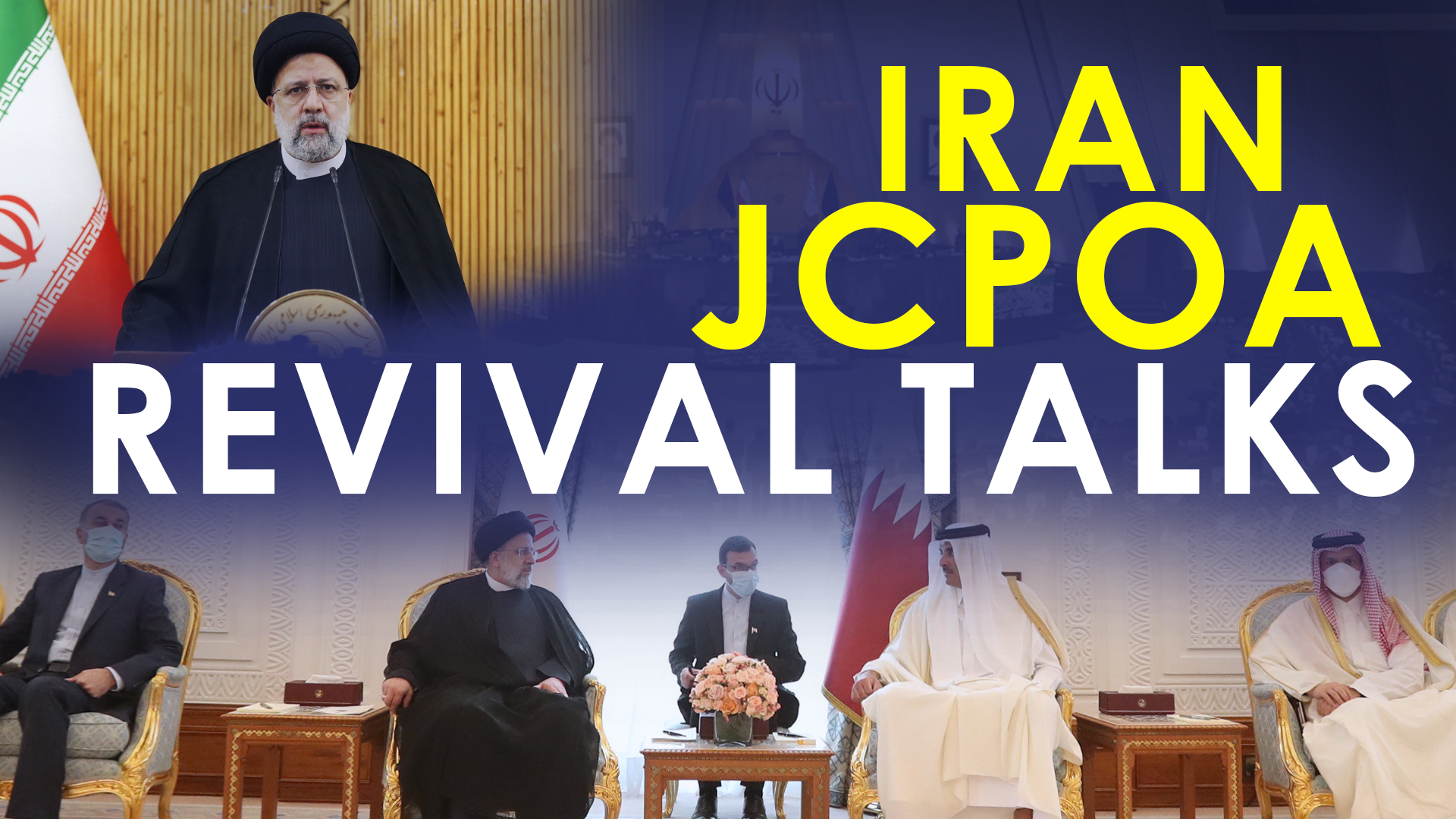
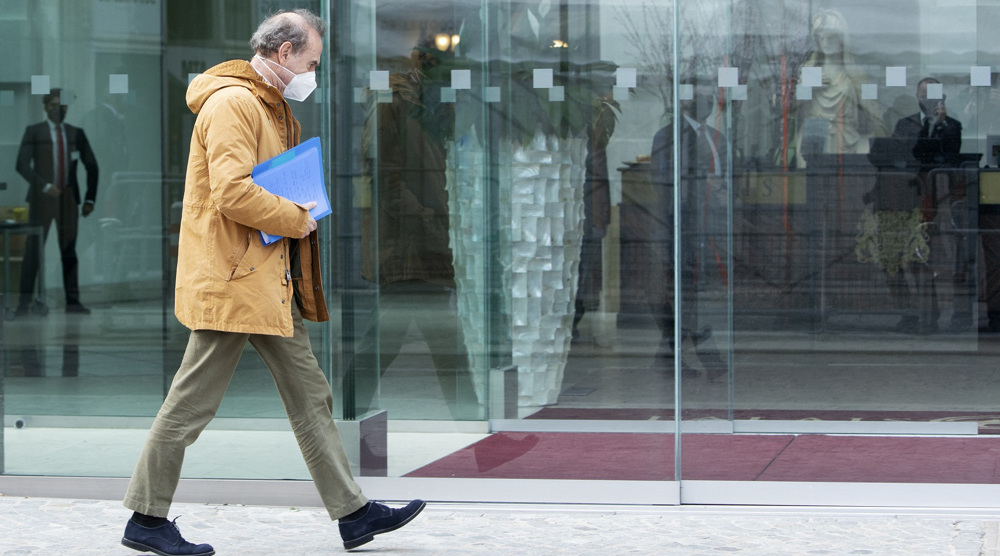
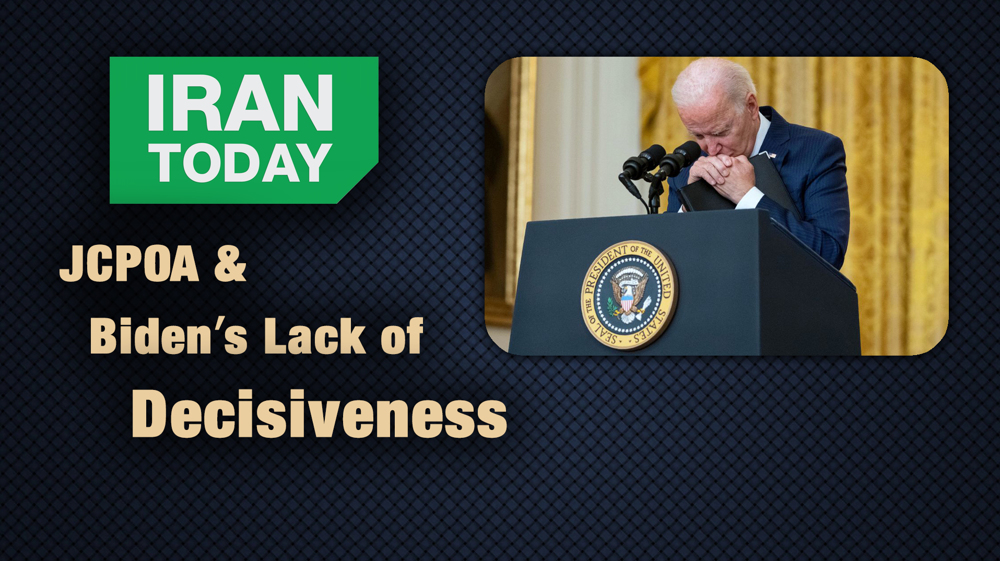
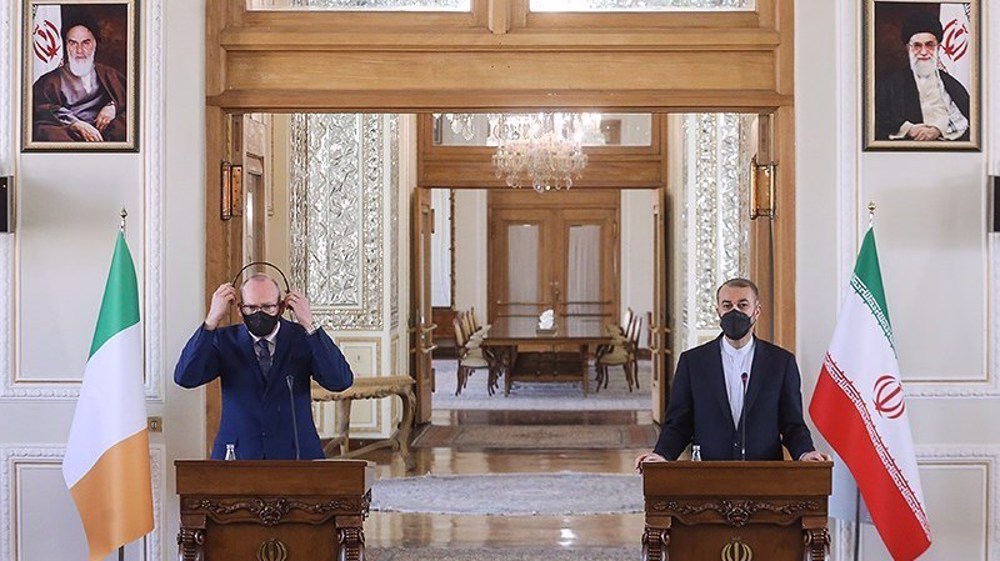
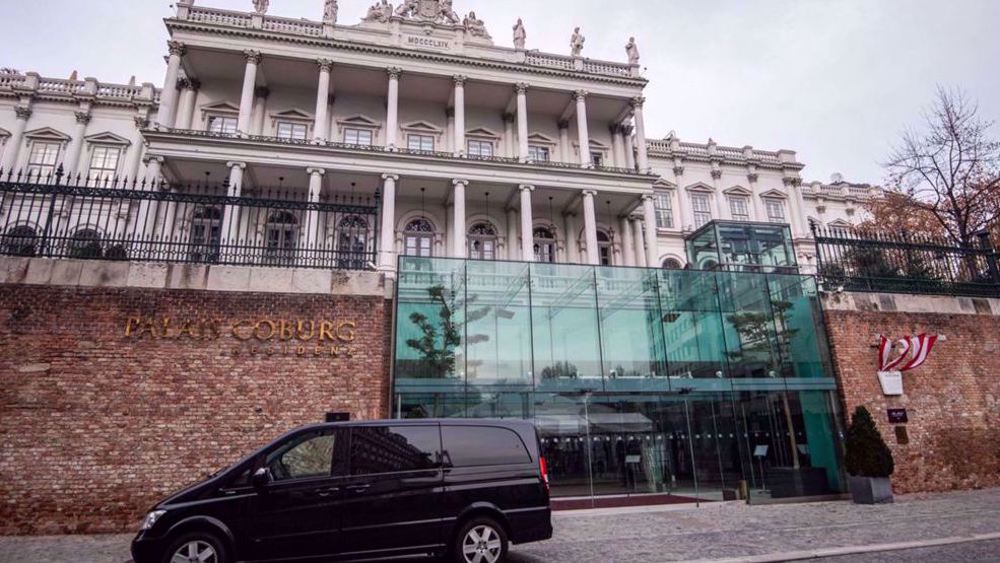

 This makes it easy to access the Press TV website
This makes it easy to access the Press TV website